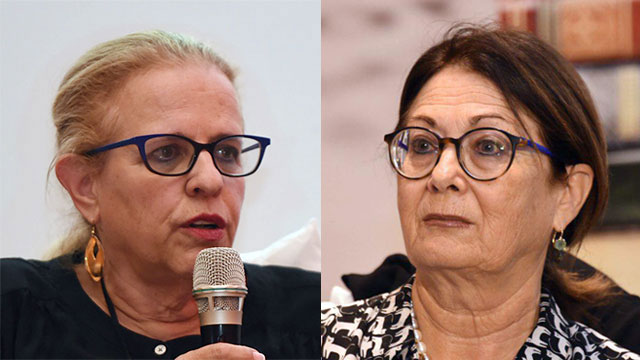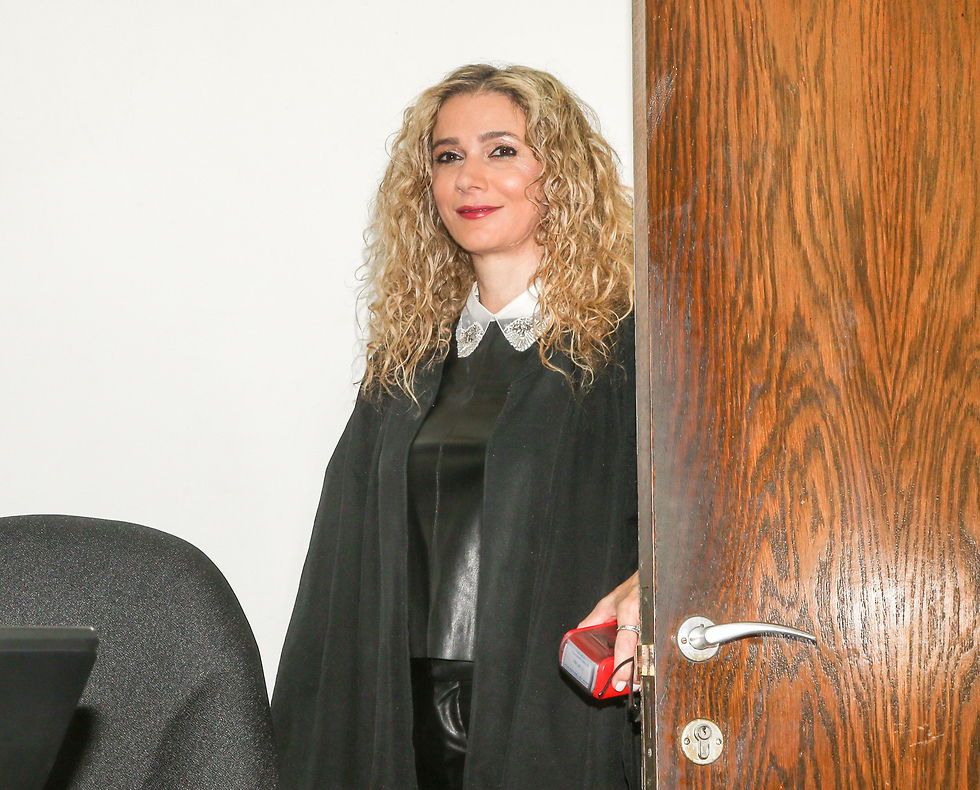

Something is rotten in the kingdom of justice
Op-ed: We can and should assume that the absolute majority of judges do their job faithfully. But Judge Ronit Poznanski-Katz and the system’s response has undermined public faith in the legal system more than all efforts undertaken by the enemies of the rule of law. From now on, all judges will be considered suspects.
The courts system added insult to injury by trying to cover up the severity of the matter. Why? Are we all stupid? Isn’t it clear that this kind of coordination crosses every red line? Wouldn’t it have been simpler and more appropriate to say that something serious had happened and that an investigation was being launched?
And what else don’t we know? Up until now, we wanted to believe that the judicial system was a stronghold of integrity and decency with absolutely no prejudice. Granted, there have been requests to disqualify judges in the past. Granted, there is some serious and profound criticism—sometimes justified—against rulings. But coordination between the judge and one of the sides?
“Perhaps the plan we thought about is not so far from reality,” the judge writes to the attorney. Excuse me? What plan? What exactly did they agree on? What’s going on here?
Last week, following reports that former judge Hila Gerstel got a proposal to nix cases and failed to report it, and that Judge Esther Hayut—who went on to become the Supreme Court chief justice—was informed about the incident but kept quiet, and that Attorney General Avichai Mandelblit may have also received a corrupt proposal and failed to report it, I wrote an article about our suspicions being exaggerated. I wrote that we are talking about honest people and that there is no need to attribute certain offenses to them because of some media advisor who raised an immature idea, and nothing came out of it.
On Sunday evening I shelved the article, as it seems I may have been wrong. Something is rotten in the kingdom of justice. When the legal system tries to cover up the new affair, as the correspondence lies before our eyes, it raises concerns that there have been other affairs and other cover ups.
And the following question sneaks in: If Gerstel was so shocked by the proposal she received, why didn’t she complaint to the police in real time? Why did she keep silent? Why did she only tell her friend Hayut and Channel 10 CEO Golan Yochpaz?

In light of “the plan we thought about,” in a correspondence between a senior attorney and a remand judge, in addition to the legal system’s amazing response, the suspicions against Gerstel, Hayut and Mandelblit suddenly take on a whole new dimension.
Admittedly, there have been rumors among lawyers about allegedly troubling ties between attorneys and judges. And not just rumors. Judges attend lawyers’ events, they exchange secrets and jokes. After all, it’s hard to let go of past relations. Friendly relations develop even as part of routine work. It’s human. But one can be confidant that judges won’t rule in favor of one of the sides because they are acquainted with the lawyer. At least that’s what we wanted to believe. But nothing should be taken for granted anymore.
There is no need to make generalizations. We can and should assume that the absolute majority of judges do their job faithfully. But Judge Ronit Poznanski-Katz and the system’s response managed to undermine the public’s faith in the legal system more than all efforts undertaken by the enemies of the rule of law. From now on, all judges will be considered suspects.
Channel 10’s amazing revelation has nothing to do with the suspicions in Case 4000. Nothing. But the revelation itself raises questions. How did the correspondence reach Channel 10 News? Are the people involved in the affair being followed? And what else will be revealed in the coming days?
That was in the bad days, before the really bad days, poet Natan Zach once wrote. We are clearly in the bad days. Let’s pray the really bad days don’t arrive.
















